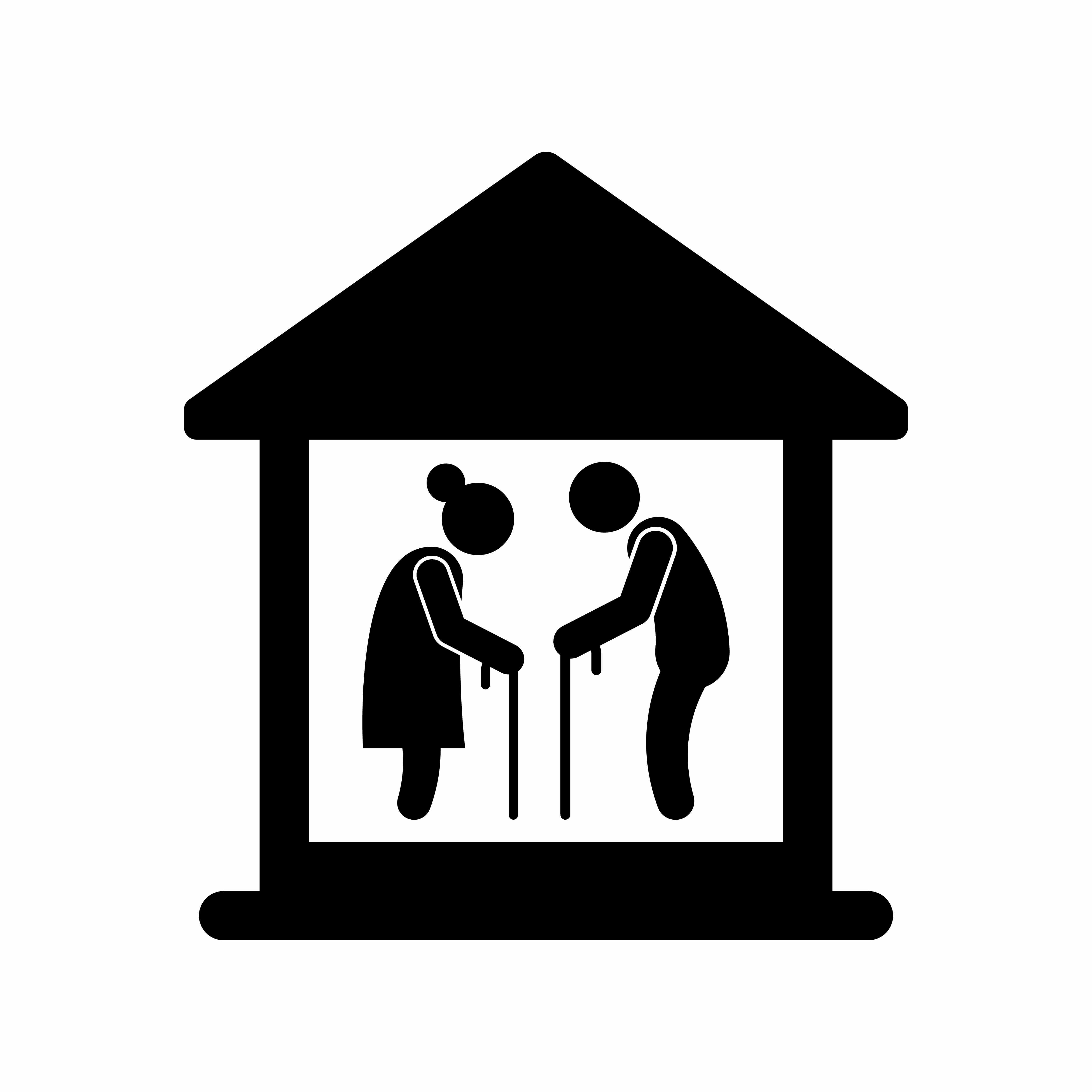David Shepard, Head Of Sales, Matrixcare

This article is sponsored by MatrixCare. In this Voices interview, Senior Housing News speaks with David Shepard, Head of Sales of MatrixCare, to explore the senior living technology landscape of 2025, and discuss how his industry experience has shaped his trust in technology tools.
Senior Housing News: What life and career experiences do you most draw from in your role today?
David Shepard: I have a unique background, having spent a significant part of my career in senior care operations. I served as the Chief Operating Officer in an organization managing skilled nursing facilities, and other care settings. Additionally, I have extensive experience in the EHR technology provider sector, having spent the last 15 years in this field. It’s been fascinating to merge these two areas of expertise. I consistently apply the insights I gained as an operator to our work in the technology sector today, which helps me better understand and relate to our customers’ experiences.
What trends have you observed in how care providers are adopting technology to enhance operations and resident care?
I would describe the industry as slow to adopt new technology, or perhaps more accurately, very cautious. Advancements in this sector take much longer compared to the acute care segment. Margins are tight, and operators are very careful with their spending, exercising a high level of caution before making decisions.
However, recent trends indicate a growing interest in accelerating the adoption of new technologies. This shift is likely due to advancements in technology over the past few years and a growing recognition among operators that these tools can be beneficial. There is now a greater openness to consider and implement these solutions.
Can you share examples of how technology has helped providers overcome operational hurdles or improve resident care?
The most significant benefit is visibility. The amount of data available now far exceeds what was accessible in previous years. When I speak with operators about new solutions and ways to analyze data, it’s common to hear them say, “We’ve been eager to access this information we’ve never had before.”
This applies to both operational and clinical aspects. On the operational and financial side, you can identify trends and analytics, while on the clinical side, we are seeing more predictive functionalities that prevent issues. This allows operators to proactively address potential problems before they arise.
As technology continues to evolve, where do you see the most potential for transformation?
In the past 12 to 24 months, we’ve seen a surge of excitement and interest in artificial intelligence (AI). Initially, people were apprehensive, wondering if AI would take over the world or disrupt their businesses. However, they are now beginning to understand that AI is a valuable tool for analyzing data and helping to make informed decisions.
There is a growing interest in exploring how AI can be applied, particularly in automating manual processes. We are always eager to have these conversations and guide clients on how our solutions can assist them.
What are the top lessons that you’ve learned from organizations that have either struggled with or excelled in tech integration?
I love this question because it highlights where my background truly comes into play. When I first transitioned from an operator to the technology world, I was amazed by the vast array of technology that could have helped me but wasn’t being utilized. It wasn’t due to a lack of effort from others to introduce the technology to me. Rather, I simply didn’t invest enough time to understand what was available.
Since then, I’ve observed countless organizations implementing new technology. There’s a clear distinction between those who fully commit and those who don’t. Organizations that fully commit involve top leadership, mid-level leadership and frontline staff, ensuring everyone is on board. They say, “We’ve invested in this technology, and we are going to maximize its functionality to improve care.” In these cases, the technology integration is very successful.
On the other hand, some organizations treat technology adoption as a mere requirement. They go halfway, resulting in high turnover, insufficient retraining and a lack of understanding of the technology’s potential. These organizations often struggle.
I always compare it to giving someone a Ferrari but driving it like a Ford Focus. Those who fully utilize the technology get the most out of it, while those who don’t tend to face more challenges.
What advice would you give to care providers who are hesitant about integrating new technologies into their operations? And are there any resources or strategies that you recommend to help teams navigate the integration process effectively?
My advice is to engage, ask questions and take time to listen and learn. There are solutions available that can significantly improve the lives of your residents. I encourage you to take the time to evaluate these offerings and choose providers with a long-standing presence in the industry. Seek advice from those who have your best interests at heart and can provide valuable information to help you make informed decisions.
Finish this sentence: “In senior living technology, 2025 will be the year of…”?
Exploration and advancement.
Editor’s note: This article has been edited for length and clarity.
MatrixCare is one of the country’s largest senior living and post-acute care technology providers, focusing on the entire continuum of care. To learn how MatrixCare can help your organization, visit matrixcare.com.
The Voices Series is a sponsored content program featuring leading executives discussing trends, topics and more shaping their industry in a question-and-answer format. For more information on Voices, please contact sales@wtwhmedia.com.
The post David Shepard, Head of Sales, MatrixCare appeared first on Senior Housing News.


